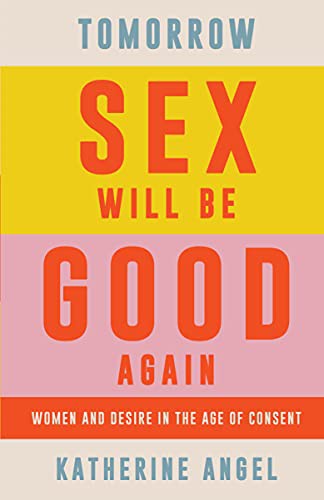Tapa blanda, 144 páginas
Publicado el 8 de febrero de 2022 por Verso.

Tapa blanda, 144 páginas
Publicado el 8 de febrero de 2022 por Verso.
A provocative, elegantly written analysis of female desire, consent, and sexuality in the age of MeToo
Women are in a bind. In the name of consent and empowerment, they must proclaim their desires clearly and confidently. Yet sex researchers suggest that women’s desire is often slow to emerge. And men are keen to insist that they know what women—and their bodies—want. Meanwhile, sexual violence abounds. How can women, in this environment, possibly know what they want? And why do we expect them to?
In this elegant, searching book—spanning science and popular culture; pornography and literature; debates on Me-Too, consent and feminism—Katherine Angel challenges our assumptions about women’s desire. Why, she asks, should they be expected to know their desires? And how do we take sexual violence seriously, when not knowing what we want is key to both eroticism and personhood?
In today’s crucial moment of renewed attention …
A provocative, elegantly written analysis of female desire, consent, and sexuality in the age of MeToo
Women are in a bind. In the name of consent and empowerment, they must proclaim their desires clearly and confidently. Yet sex researchers suggest that women’s desire is often slow to emerge. And men are keen to insist that they know what women—and their bodies—want. Meanwhile, sexual violence abounds. How can women, in this environment, possibly know what they want? And why do we expect them to?
In this elegant, searching book—spanning science and popular culture; pornography and literature; debates on Me-Too, consent and feminism—Katherine Angel challenges our assumptions about women’s desire. Why, she asks, should they be expected to know their desires? And how do we take sexual violence seriously, when not knowing what we want is key to both eroticism and personhood?
In today’s crucial moment of renewed attention to violence and power, Angel urges that we remake our thinking about sex, pleasure, and autonomy without any illusions about perfect self-knowledge. Only then will we fulfil Michel Foucault’s teasing promise, in 1976, that “tomorrow sex will be good again.”